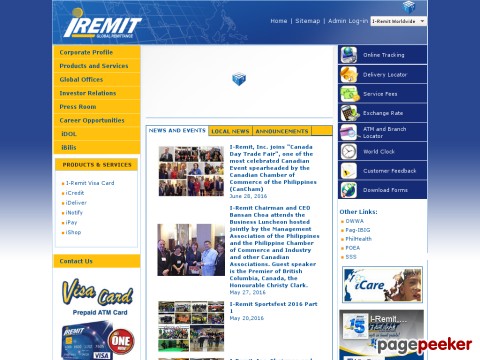

great example set by our partners WRI, a technical advisor to the European with Cargill, PepsiCo and Proforest on Commission on satellite monitoring issues 5. Conservation stakeholder approach can build on the on Greenhouse Gas emissions and Biology 15: 867–875. Such a ground-based multi- on Sustainable Palm Oil Working Group Brazil with radar imagery. He fragmentation and loss of primary forest with community resource management was also a member of the Roundtable in the southern Bahian Atlantic Forest of units. Examining Commission, working in close collaboration Forest Carbon Tracking task initiative. Alger, Delabie, structures such as the Forestry contributing to the international GEO J. Further, employers should ensure their plan documents properly communicate this coverage by September 17, 2021.4. Plans and issuers may cover generic versions of PrEP without cost sharing and impose cost sharing on branded versions (however, plans and issuers must have a mechanism for waiving otherwise applicable cost sharing for branded versions when a particular generic or brand name PrEP medication would be inappropriate for an individual).Įmployers should check with their carrier (if fully insured) or their third-party administrator (if self-insured/level funded) to ensure their plans are providing coverage for PrEP medications and the associated monitoring services consistent with the USPSTF recommendations and without cost sharing.Plans and issuers cannot use medical management techniques other than those specified in the USPSTF Final Recommendation to restrict the frequency of benefits.In addition to the coverage for PrEP antiretroviral medications, plan and issuers must cover certain baseline and monitoring services consistent with the USPSTF Final Recommendation and without cost-sharing including, but not limited to, HIV testing, Hepatitis B and C testing, creatinine testing, pregnancy testing, sexually transmitted infection (STI) screening and counseling, and adherence counseling.As such, the Departments will not take enforcement action against a plan or issuer for failure to provide PrEP until 60 days after the publication of the FAQs, or September 17, 2021.įurther, the FAQs clarify how the Departments expect plans and issuers to cover PrEP:


The Departments acknowledge the possibility that plans and issuers may have not understood the requirement to cover PrEP. Accordingly, for plan years beginning on or after June 30, 2020, plans and issuers are required to cover PrEP consistent with the USPSTF recommendation and without cost sharing. On June 11, 2019, the USPSTF released an “A” rating recommendation that clinicians offer PrEP to persons who are at a high risk of acquiring HIV (outlined in the USPSTF Final Recommendation Statement on the Prevention of HIV: Preexposure Prophylaxis). Section 2713 of the Public Health Service Act (PHS) requires non-grandfathered group health plans and health insurance issuers offering non-grandfathered group health plans to provide certain preventative care without cost sharing, including items and services that have received an “A” or “B” rating by the by the United States Preventative Services Task Force (USPSTF). The Departments will not take enforcement action against a plan or issuer that fails to offer the requisite PrEP coverage until September 17, 2021. On July 19, 2021, the Departments of Labor (DOL), Health and Human Services (HHS), and the Treasury (collectively referred to as “the Departments”), released FAQs on the requirement for non-grandfathered group health plans to cover HIV Preexposure Prophylaxis (PrEP).


 0 kommentar(er)
0 kommentar(er)
